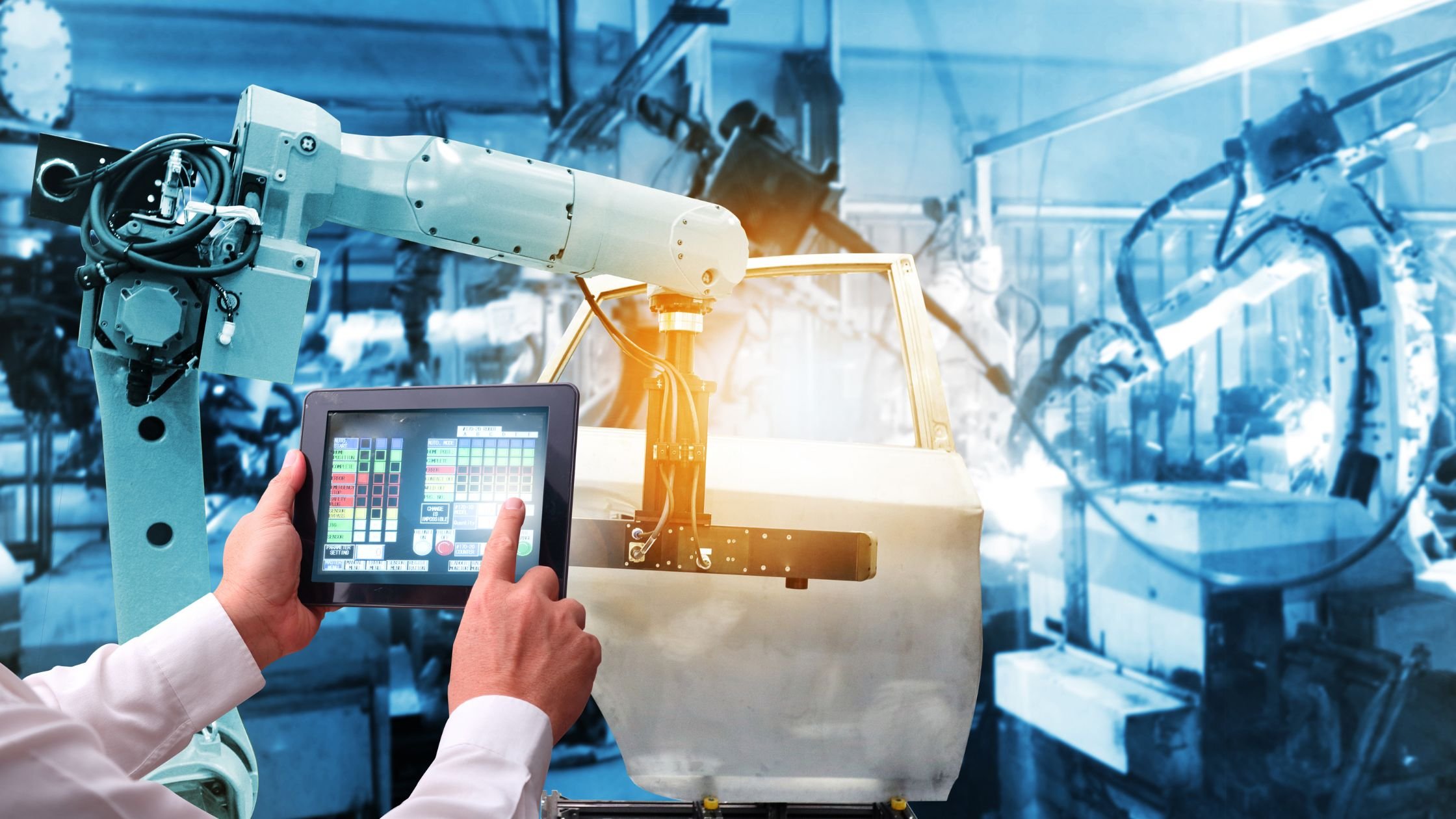Best Industrial Automation Training Courses To Enrol In - Meo Training
Automation and control systems have experienced a remarkable expansion in the twenty-first century, and there has never been a greater need for personnel to design, install, and maintain these systems. The industry needed workers with extensive expertise in digital electronics and process control and people who could program PLCs, robots, and SCADA systems. This requirement led to the creation of the industrial automation training courses.

What Are Industrial Automation Training Courses?
Industrial Automation Training is a collection of mechatronic systems used in industrial automation work together to complete a specified task. Manufacturing facilities frequently use industrial automation. Automation of processes enables items to be produced more quickly, consistently and accurately following pre-established specifications. These job titles are likely on your radar if you're hoping to enter the field of industrial automation:
- Automation Engineer
- Automation Field Engineer
- Automation Technician
- Manufacturing Automation Engineer
- Manufacturing Engineer
These role come in a wide variety, yet they always focus on related issues. A technician and an engineer are often distinguished by their educational backgrounds. While technicians are employed based on practical experience or a two-year trade degree, engineers attend a four-year school.
Contents Included In This Course
Students of Industrial Automation Training Courses are prepared for employment prospects in the developing field of industrial automation. The students will be able to design, install, and maintain electronic machinery used in contemporary industrial processes and work on various control systems, from straightforward motors and fuses to complex electronic computer interface boards, motor drives, electrical instrumentation and control, Hazardous areas, and robotics & Engineering.
Electrical Instrumentation & Control
A complete design package that comprises deliverables and the design process is required, whether designing a new instrumentation and control system or upgrading an existing control system. The demand for instrumentation and process automation is rising globally, and degrees in electrical instrumentation, automation, and control are highly sought after and offer excellent work prospects.
Hazardous Areas
The Hazardous Areas experiential training includes a wide range of safety-critical topics for those who work in these areas or use specialized equipment. These regions are frequently found in oil and gas processing and production facilities and the chemical, pharmaceutical, agricultural, and food and beverage sectors.
Engineering
The engineering Automation Training is ideal for those who want to work for organizations that employ automated warehouse processes and cutting-edge manufacturing technologies. This curriculum might help you enhance your career if you have a knack for mechanical and electrical components or work experience in the industry.
PLC Short Courses
The PLC Short Courses gives a fundamental overview of PLCs, emphasizing how they might be used in a plant or manufacturing system. The course is intended for students with little to no prior PLC knowledge who need a safe and efficient introduction to the basics of PLC operation and programming.
Conclusion
Our training has been created to be modular, adaptable, and compatible with various platforms. Don't hesitate to contact us if you are interested in developing custom training for Cert IV Industrial Automation and Control. Visit the Meo Training website to know more!
